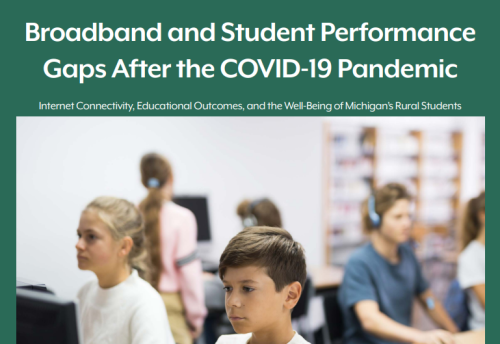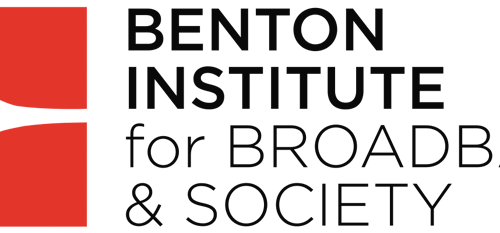Christine L. Borgman’s Quello Lecture on ‘Motivations for Sharing and Reusing Data:
Complexities and Contradictions in the Use of a Digital Data Archive’ presented for the Quello Center, Michigan State University, on October 5, 2016. The talk draws on her research with DANS, the Data Archiving and Networked Services of the Netherlands, and the UCLA Center for Knowledge Infrastructures.
Christine L. Borgman – Motivations for Sharing and Reusing Data from Quello Center on Vimeo.
Abstract
Researchers face competing challenges for access to their data. One is the pressure to make their data open in response to mandates from funding agencies, journals, and science policy makers. Second is the lack of resources – human, technical, economic, and institutional – to make their data open. Third is that good reasons exist to maintain control of their data, whether to protect the confidentiality of human subjects, to gain competitive advantage over other researchers, or the sheer difficulty of extracting data from the contexts in which they originated. Researchers are encouraged – or required – to contribute their data to archives, yet surprisingly little is known about the uses and users of digital data archives, about relationships between users and the staff of data archives, or how these behaviors vary by discipline, geographic region, policy, and other factors. Digital data archives are not a single type of institution, however. They vary widely in organizational structure, mission, collection, funding, and relationships to their users and other stakeholders. This talk draws upon an exploratory study of DANS, the Data Archiving and Networked Services of the Netherlands. We mined transaction logs to draw samples of contributors to DANS and consumers of DANS data (Borgman, Scharnhorst, Van den Berg, Van de Sompel, & Treloar, 2015) and then conducted interviews with DANS archivists, contributors, and consumers to examine who contributes data to DANS and why, who consumes data from DANS and why, and what roles archivists play in acquiring and disseminating data. Early findings suggest that motivations are complex, varied, and often contradictory, and that the uses and users of DANS are far more diverse than anticipated. Implications of these findings, which draw upon the premises of the presenter’s recent book Big Data, Little Data, No Data: Scholarship in the Networked World (2015), raise concerns for stakeholders in research data such as scholars, students, librarians, funding agencies, policy makers, publishers, and the public.
Borgman, C. L. (2015). Big Data, Little Data, No Data: Scholarship in the Networked World. Cambridge MA: MIT Press.
Borgman, C. L., Scharnhorst, A., Van den Berg, H., Van de Sompel, H., & Treloar, A. (2015). Who uses the digital data archive? An exploratory study of DANS. Presented at the Association for Information Science and Technology, St Louis, MO: Information Today.
Biographical Sketch
Christine L. Borgman, Distinguished Professor and Presidential Chair in Information Studies at UCLA, is the author of more than 250 publications in information studies, computer science, and communication. These include three books from MIT Press: Big Data, Little Data, No Data: Scholarship in the Networked World (2015), winner of the 2015 American Publishers Award for Professional and Scholarly Excellence (PROSE Award) in Computing and Information Sciences; Scholarship in the Digital Age: Information, Infrastructure, and the Internet (2007); and From Gutenberg to the Global Information Infrastructure: Access to Information in a Networked World (2000). The latter two books won the Best Information Science Book of the Year award from the Association for Information Science and Technology (ASIST). Professor Borgman is Chair of the Committee to Visit the Harvard Library and Co-Chair of the CODATA-ICSTI Task Group on Data Citation and Attribution. She is a member of the Library of Congress Scholars Council; the Board of Directors of the Electronic Privacy Information Center (EPIC); the Council of the Interuniversity Consortium for Political and Social Research (ICSPR); the CLARIAH International Advisory Panel; the advisory board to Authorea; and is a Fellow of the American Association for the Advancement of Science and of the Association for Computing Machinery. At UCLA, she directs the Center for Knowledge Infrastructures with funding from the Alfred P. Sloan Foundation and other sources.



